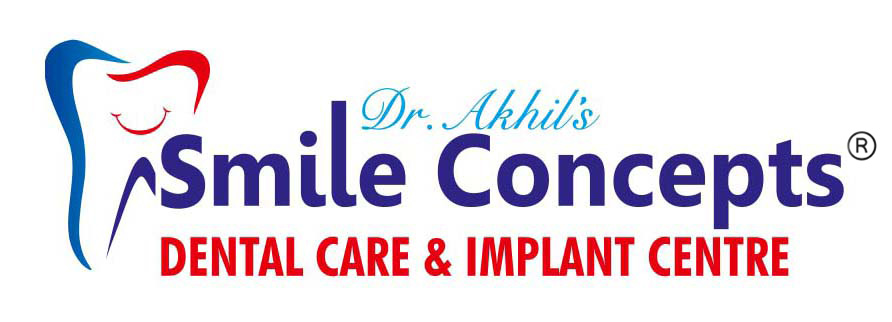Oral and maxillofacial surgery is a surgical specialty focusing on reconstructive surgery of the face, facial trauma surgery, the oral cavity, head and neck, mouth, and jaws, as well as facial cosmetic surgery.

We provide minor and major maxillofacial surgeries with
latest surgical instruments and emergency management
systems.
Minor oral surgical procedures
• Removal of retained or burried roots, broken teeth
• Removal of impacted teeth
• Cyst removal
• Apical surgery and removal of small soft tissue lesions
like mucocele, ranula
• Frenectomy
• Alveoloplasty
• Vestibuloplasty
These procedures are carried out under local anesthesia with
or without iv sedation and have relatively short recovery
period.
Major oral surgical procedures
• Facial trauma
• Cleft lip and cleft palate repair
• Facial infections
• Reconstructive jaw surgery
• Bone grafting
• TMJ disorder
• Biopsy
Preparing for oral and maxillofacial surgery is similar in
many ways to any other type of surgery. Your surgeon will
most likely review your anesthesia options with you during a
consultation and explain why they recommend one type of
anesthesia over the other options,
Common Oral and Maxillofacial Surgical Procedures

Cleft Palate and Lip Correction
Cleft palates and cleft lips are fairly common birth defects. Without treatment, a child with a cleft palate or lip can have difficulty learning to speak or swallowing food. Cleft lip surgery is typically performed when a child is 3 to 6 months old, while cleft palate surgery is often performed when a child is 9 to 12 months old. To complete the treatment and restore the appearance and structure of the palate, the child's oral surgeon will likely work with their pediatrician and dentist.
Oral Cancer Treatment
During a preventive dental exam, your dentist may check for signs of oral cancer. The typical oral cancer screening may include feeling inside the mouth and around the jaw for any lumps or nodules and visually inspecting the inside of the mouth. If they find an area of tissue that may be cancer, they will refer you to an oral surgeon who will perform a biopsy and determine the next treatment steps.

Jaw Surgery
A misaligned bite or misaligned teeth can often be fixed with orthodontics. In some cases, jaw surgery, aka orthognathic surgery, is performed along with orthodontic treatment to correct the bite. If you have difficulty in chewing or speaking or are concerned with the appearance of your jaw or face, your team of dental professionals will design a treatment plan to correct the position of your jaw.

TMD Treatment
Temporomandibular disorders (TMD) are fairly common. Symptoms of TMD can include headaches, ear pain and difficulty in opening the mouth. Many treatment options are available such as medications for pain relief or muscle relaxation, surgery to repair the damaged joint and tissue.

